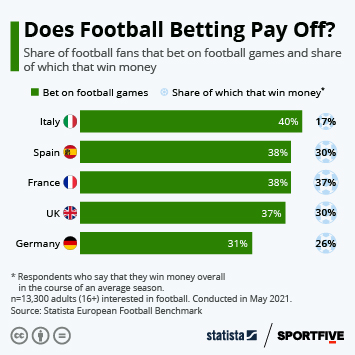Five years after the Supreme Court struck down the Professional and Amateur Sports Protection Act (PASPA), sports betting continues to boom in the United States. According to the American Gaming Association, gross gaming revenue from sports betting, i.e. total wagers minus winnings, amounted to $10.9 billion in 2023, shattering the previous record set the year before. In total, Americans wagered almost $120 billion on legal sportsbooks last year, up from $93 billion in 2022. According to the AGA, last year's growth was driven by continued maturation of existing markets as well as several new markets, including Massachusetts and Ohio.
Following its enactment by Congress in 1992, PASPA had effectively banned sports betting everywhere except for Nevada (and three other states that had certain betting games grandfathered in). In 2012, former New Jersey Governor Chris Christie signed a law allowing betting on professional and amateur sports at New Jersey casinos and racetracks, after which all major sports leagues had sued Christie for violating PASPA. The lawsuit resulted in a long legal battle, which culminated in the Supreme Court’s decision to strike down PASPA in May 2018.
“Congress can regulate sports gambling directly, but if it elects not to do so, each State is free to act on its own,” the court had explained its decision back then. “Our job is to interpret the law Congress has enacted and decide whether it is consistent with the Constitution. PASPA is not. PASPA regulates state governments’ regulation of their citizens. The Constitution gives Congress no such power.”


















